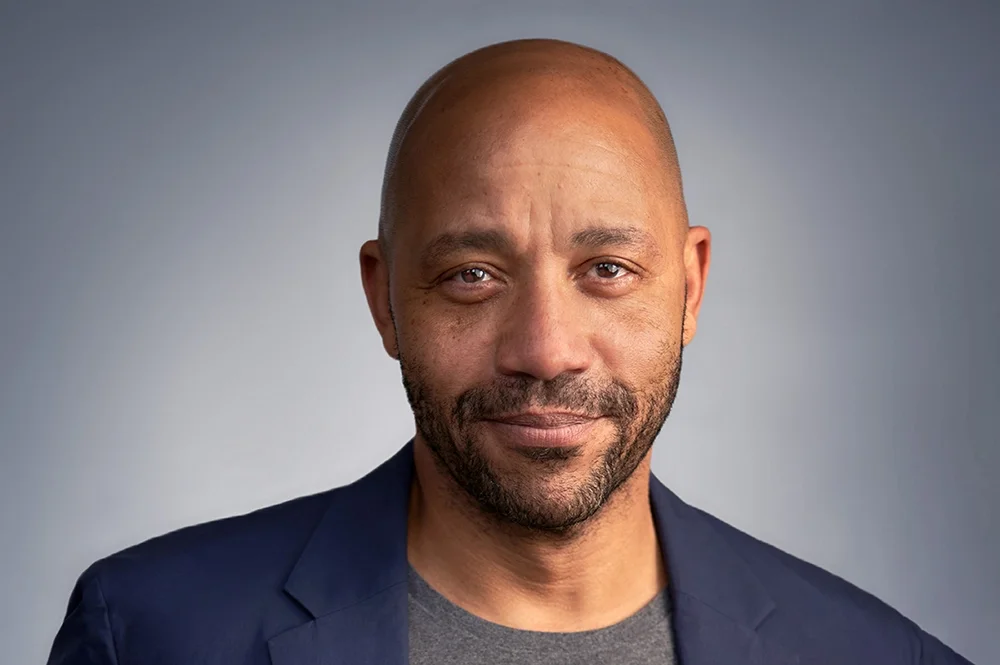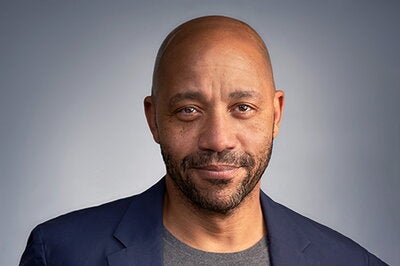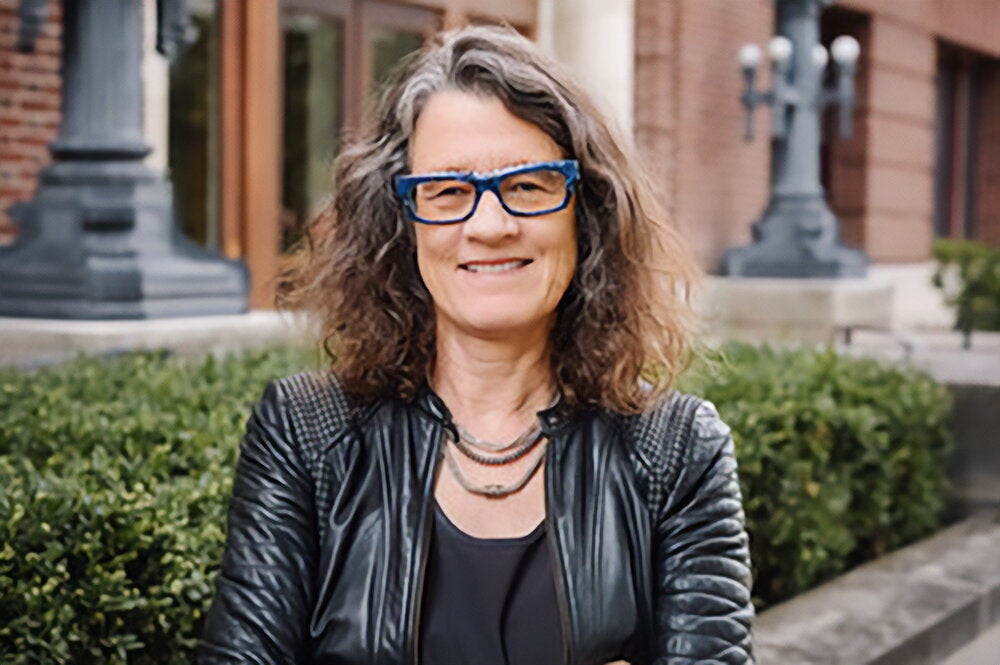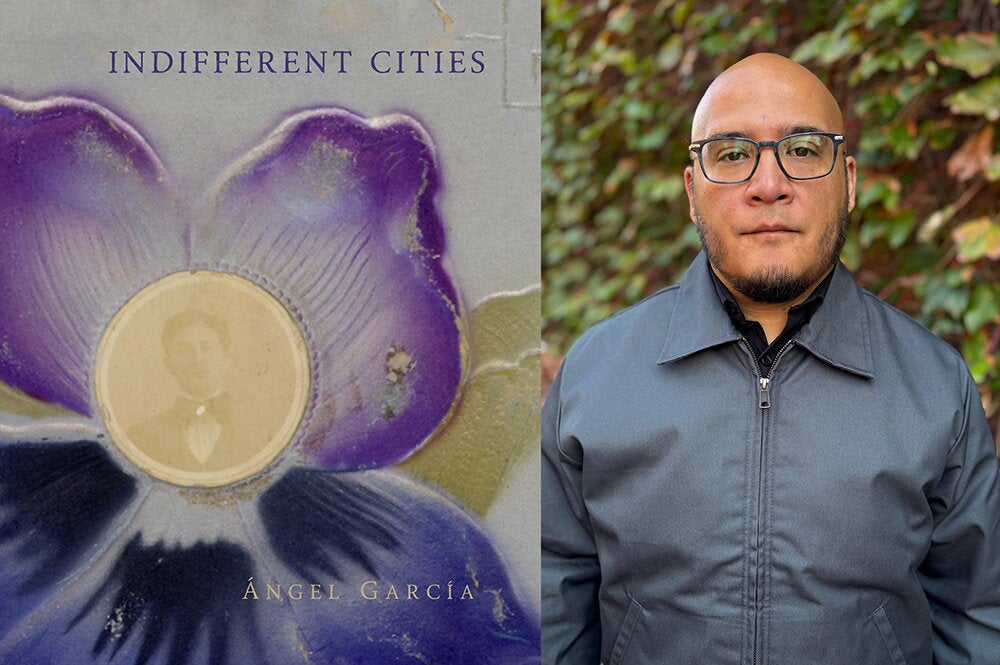

David Wright Faladé examines race, class and gender through the eyes of a young college woman spending time in her small Texas hometown in his new short story, “Amarillo Boulevard,” which was published in Oct. 6 issue of The New Yorker.
Faladé, an English professor, writes about themes of race and multiracialness, identity, Americanness and our country as a melting pot: “the amalgamation of identities and people and ways of being in the world and seeing the world,” he said.
He wrote the original draft of “Amarillo Boulevard” 20 years ago, then came back to it two years ago and revised it. The story’s central event happens when the young woman, Jean, is driving with her boyfriend and her brother and sees a childhood friend working on the street as a prostitute. It is based on an experience Faladé and his sister had when they were both in college.
“When I began writing short stories, that just came back to me. It was something around which to build a story,” Faladé said. “The event itself was striking and memorable and complex. It became a lens through which Jean tries to make sense of her own experience.”
The character is at a turning point in the story, which is set in the small west Texas town of Borger, a mostly white community where Faladé grew up. Jean is at a Juneteenth celebration with her family and her fiancée, who has cheated on her, and she is thinking about whether her future includes marriage to him and a career. She spends time with her best friend, who is white, working class and dating a stereotypical “redneck.”
In the story, Jean is a student at Spelman College in Atlanta, and her sorority friends are Black women from wealthy families. She struggles to reconcile her Texas friends with her college friends.
“She’s trying to figure out all these things. What does it mean for her to be a woman, to be Black, to be from this part of world versus that part of the world, to have white friends. She’s thinking about her choices,” Faladé said.
Seeing her childhood friend on the street “puts a fine point on that,” he said, and Jean wonders if she could have ended up in the same situation absent her family’s class privileges.
When Faladé was growing up in Texas, his family lived in a white neighborhood in Borger, a town dominated by oil refineries. The town’s predominately white population, with a small number of Black residents and a somewhat larger number of Latino residents, reflected both racial and class tensions, he said.
Even the stark landscape, with its escarpments and canyons abutting rolling green hills, “seems to amplify the tensions and be a weird metaphor for all the mixing,” Faladé said. “All those pieces of identity feel like they are being revealed and problematized.”
Faladé wrote a 2021 nonfiction story published in The New Yorker about living in Borger, and a 2022 essay, also published in the magazine, about his biracial family history. He is the author of “The New Internationals,” a novel published early this year about a post-World War II love triangle in Paris, based on his family. His 2022 novel “Black Cloud Rising” is a fictionalized account of Richard Etheridge, a biracial former slave who led a regiment of Black troops in the Civil War and later led a Black lifesaving crew that made a heroic rescue on the Outer Banks of North Carolina. A short story that became part of that novel was published in The New Yorker in 2020.


